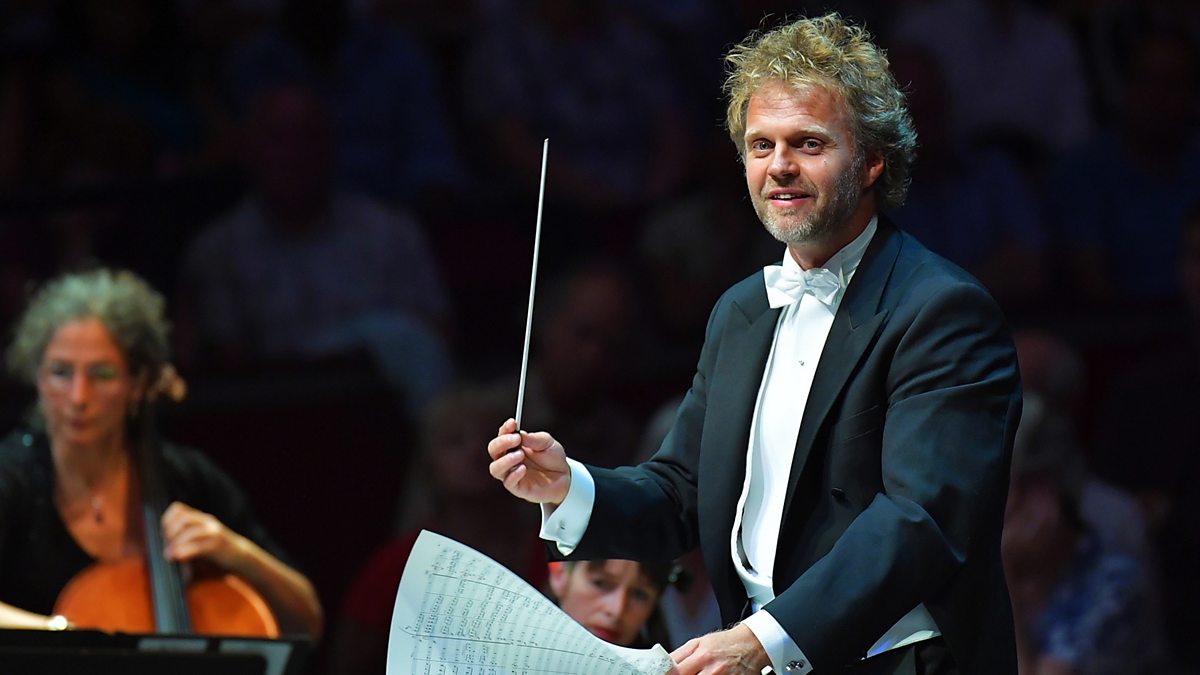19:30 Friday 12 Aug 2016
Royal Albert Hall
William Walton: Partita
Huw Watkins: Cello Concerto (BBC commission: world premiere)
Anton Webern: Passacaglia
Johannes Brahms: Symphony No 4 in E minor
Paul Watkins (cello)
BBC National Orchestra of Wales
Thomas Søndergård (conductor)
Thomas Sondergard conducts his BBC National Orchestra of Wales in a Prom exploring the idea of the orchestral 'passacaglia' and some of the most delicious and subtle sonorities ever conjured. Brahms's fourth and final symphony feels like the composer's supreme achievement for orchestra; its finale, a radiant passacaglia, is the summation of the composer's quest to wed discipline and emotion. After Walton's boisterous Partita comes the world premiere of the latest Proms cello concerto, a piece written by Huw Watkins and played by his brother, Paul. It's a work that stems from the brothers' long experience of performing chamber music together. "I'm biased of course," says Huw, "but there's no cellist I know who makes a more expressive and beautiful sound."
Royal Albert Hall
William Walton: Partita
Huw Watkins: Cello Concerto (BBC commission: world premiere)
Anton Webern: Passacaglia
Johannes Brahms: Symphony No 4 in E minor
Paul Watkins (cello)
BBC National Orchestra of Wales
Thomas Søndergård (conductor)
Thomas Sondergard conducts his BBC National Orchestra of Wales in a Prom exploring the idea of the orchestral 'passacaglia' and some of the most delicious and subtle sonorities ever conjured. Brahms's fourth and final symphony feels like the composer's supreme achievement for orchestra; its finale, a radiant passacaglia, is the summation of the composer's quest to wed discipline and emotion. After Walton's boisterous Partita comes the world premiere of the latest Proms cello concerto, a piece written by Huw Watkins and played by his brother, Paul. It's a work that stems from the brothers' long experience of performing chamber music together. "I'm biased of course," says Huw, "but there's no cellist I know who makes a more expressive and beautiful sound."



Comment